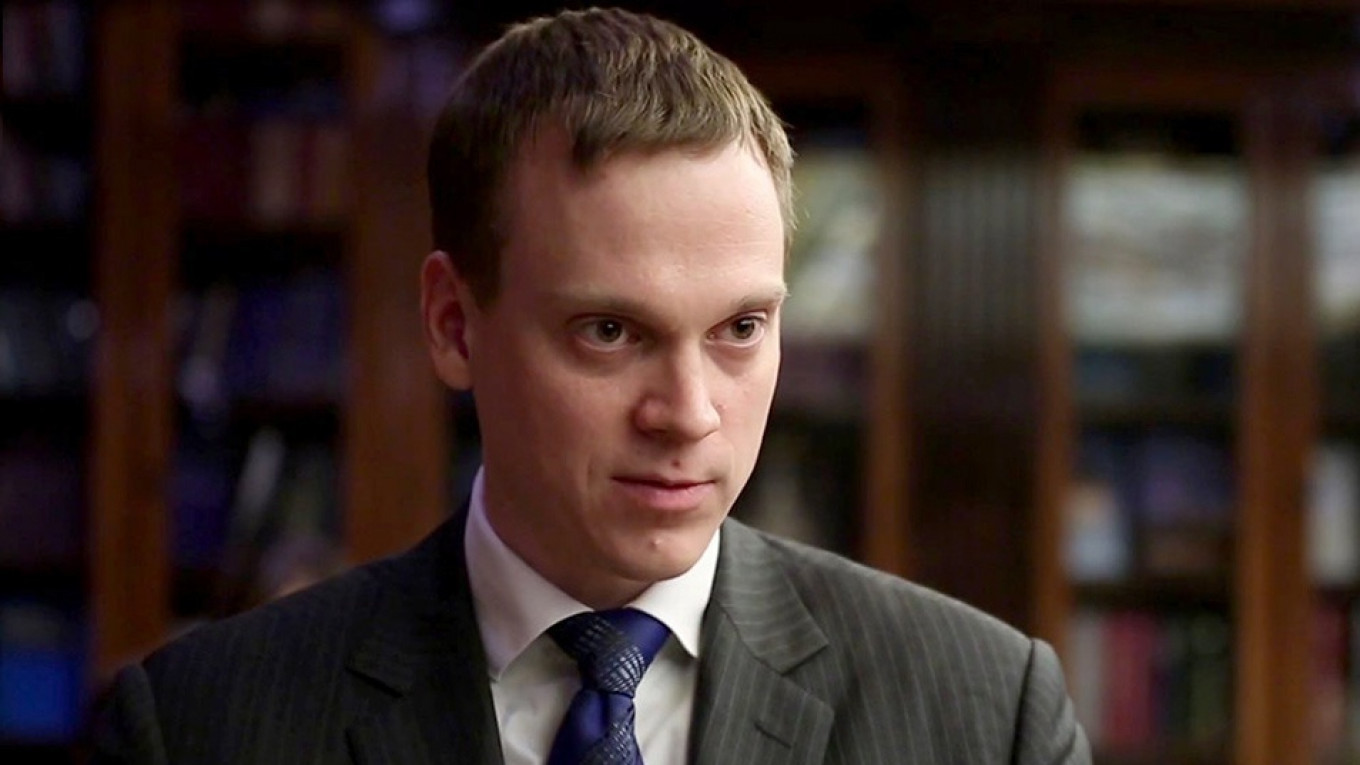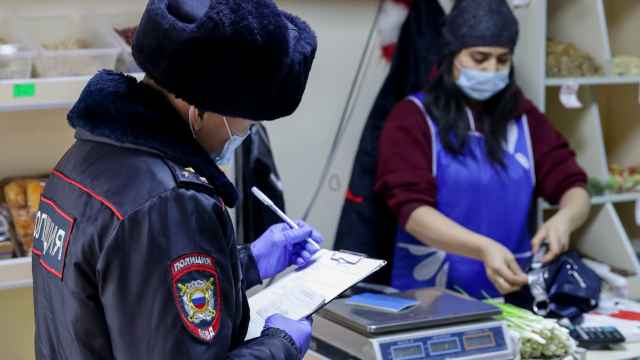Russia's prime minister dismissed the head of the statistics agency on Monday and appointed an economy ministry official to the post, with the government pledging to radically overhaul the body's data gathering methods.
Economists have raised questions about the independence of the Federal Statistics Service, or Rosstat, saying its economic data has become less accurate and seemed surprisingly optimistic during the country's economic woes of the past few years.
Prime Minister Dmitry Medvedev dismissed Alexander Surinov as Rosstat's head and appointed Pavel Malkov, formerly director of the public administration department at the economy ministry, to replace him.
"The organisation needs serious reform. We need to be talking about a complete overhaul of the team, about new principles and methods of work," finance minister Anton Siluanov said on Monday.
"Take, for example, real incomes - a hugely important indicator... How Rosstat calculates it, probably only Rosstat knows. The quality of its calculation is terrible, there are lots of issues brought up about it, it needs to change," Siluanov said.
The statistics agency drew attention last year when it revised its figure for 2016 gross domestic product growth to a 0.2 percent contraction from a much deeper fall reported previously. It also revised 2015's contraction in GDP to just 2.8 percent from an initial 3.7 percent.President Vladimir Putin placed Rosstat under the economy ministry's control in April 2017 soon after Economy Minister Maxim Oreshkin criticised the agency, which in the past had reported directly to the government.
Rosstat declined to comment on Malkov's appointment. The economy ministry said in a statement it hoped Malkov would help develop Rosstat as a "key aggregator and independent provider of high-quality data for all of society."
A Message from The Moscow Times:
Dear readers,
We are facing unprecedented challenges. Russia's Prosecutor General's Office has designated The Moscow Times as an "undesirable" organization, criminalizing our work and putting our staff at risk of prosecution. This follows our earlier unjust labeling as a "foreign agent."
These actions are direct attempts to silence independent journalism in Russia. The authorities claim our work "discredits the decisions of the Russian leadership." We see things differently: we strive to provide accurate, unbiased reporting on Russia.
We, the journalists of The Moscow Times, refuse to be silenced. But to continue our work, we need your help.
Your support, no matter how small, makes a world of difference. If you can, please support us monthly starting from just $2. It's quick to set up, and every contribution makes a significant impact.
By supporting The Moscow Times, you're defending open, independent journalism in the face of repression. Thank you for standing with us.
Remind me later.






